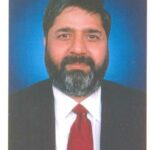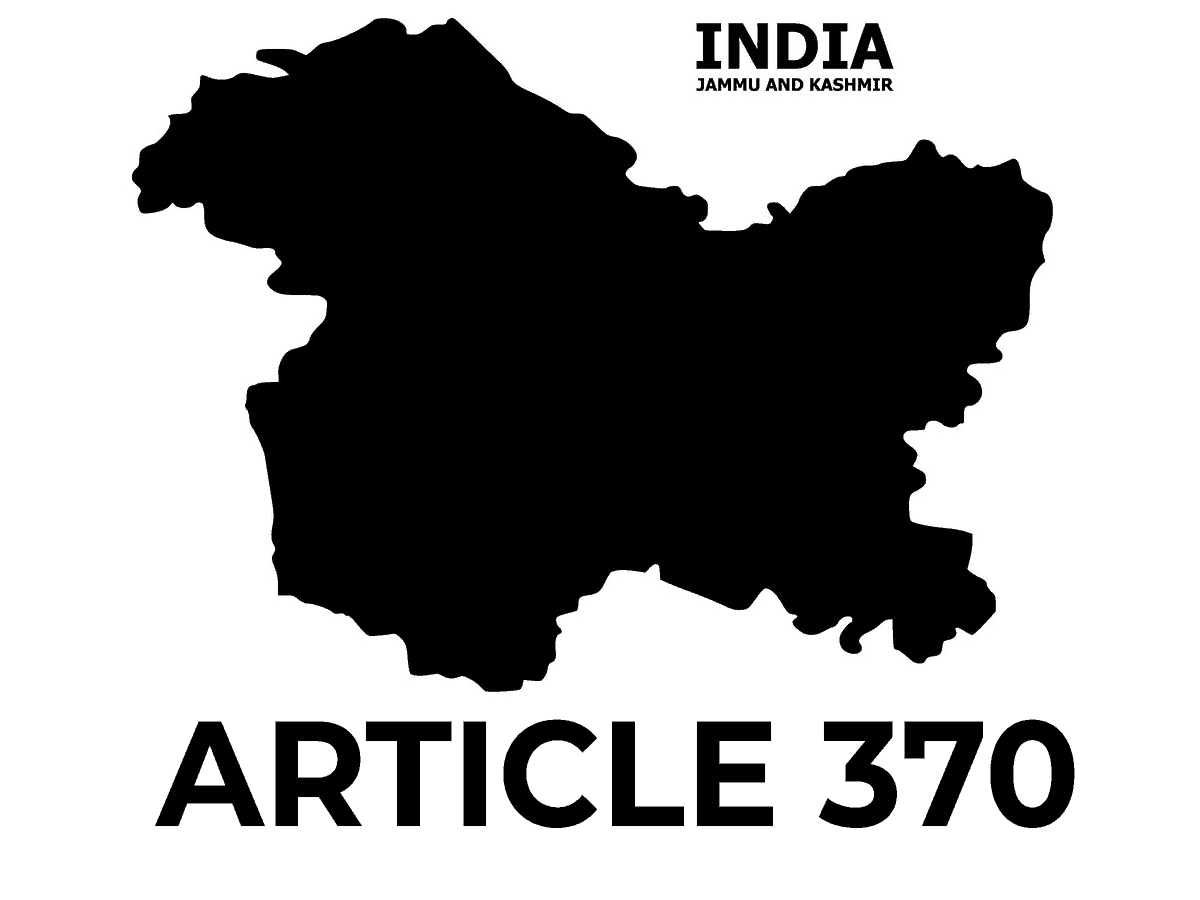
All political parties in Jammu and Kashmir , without any exception , are engaged in high-intensity political activities , usually associated with the times ahead of elections . And the irony is that no elections are scheduled in the union territory for now. .The political rallies , attended by hundreds of the respective party workers – hundreds in the given situation and the climatic conditions – is quite a high number – establish two points : that there is enough of normalcy in the UT wherein the political parties can do their normal activities , and at the same time defeat the opposition criticism that situation has worsened in J&K since the abrogation of Article 370 in August 2019. It is a visible evidence of the normal times.
This is where the BJP appears to have won the political point that since the abrogation of the Article 370 that had granted special status to the erstwhile state of Jammu and Kashmir , which is now bifurcated into two union territories of J&K, and Ladakh – terrorism has been tamed . The fear of the terrorism has been done away with and the politics of normalcy has taken roots after more than seven decades of turbulence .
The most significant change has occurred: These parties are now competing with each other in fighting the political battles in the demoted status of the UT of J&K .. The issue of the grant of the statehood to J&K first before the Assembly polls has been reduced to a slogan , and its contours are as amorphous as is the vagueness with which they are asking for the return of the Article 370 , as was the case as on August 4, 2019. It all changed on August 5, 2019, when the constitutional provisions granting special status to Jammu and Kashmir were revoked all in one go.
This sense of normalcy helps Delhi in substantiating its claim that the things are far better in Kashmir than ever before . The mainstream parties, as National Conference , PDP , were known in Kashmir because they trusted electoral politics within the Indian constitution in Jammu and Kashmir . There was a diametrically opposite groups that thought that participating in the elections meant accepting Indian sovereignty . All these groups backed by Pakistan , particularly Hurriyat Conference and its factions , wanted to keep alive the “ disputed” nature of Kashmir alive . That, they justified by giving poll boycott calls , which backed by he militants, were often effective . Now all that has changed. The separatist groups have disappeared . The most pro-Pakistan group led by Syed Ali Shah Geelani has gone into oblivion with the death of Syed Ali Shah Geelani , and the other faction of Hurriyat Conference Mirwauz Umar Farooq , is satisfied with issuing occasional statements, which rarely get into print or the broadcast.
With PDP and NC, both of which are still the leading lights of the erstwhile People’s Alliance for Gupkar Declaration , have undertaken a major climb down – They had listed the erstwhile state’s status and geography as it existed in pre-August 5, 2019 , times as their “ sacred goal.” Now, they are taking part in all elections – they did participate in the District Development Council polls held late last year. That was the first U-turn they took in their political commitments . Now, it is a U-turn on the issues , which they had claimed were sine quo non for their parties.
Taking into account all these aspects , it is a recognition of the fact by these parties that they cannot expect any concession from the Modi government . The least , they can do is to have an elected government, but for that they feel compelled to spawn a sense of normalcy by coming out in open to hold rallies in a bid to fulfil their ambition to get into power , even if it happens to be in the Union territory itself. This would not only be acceptance of J&K as UT for now, but also for future .
Arun Joshi is a Senior Journalist, Political Analyst based in Jammu and Kashmir. He has authored four books, including, “Eyewitness Kashmir: Teetering on Nuclear War”. He has worked with Hindustan Times, The Times of India, The Indian Express and The Tribune.
Views expressed are personal

